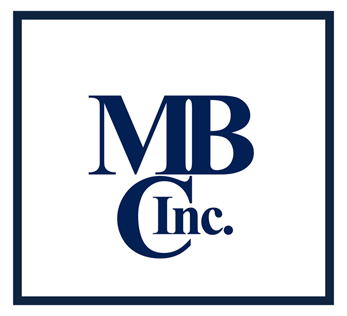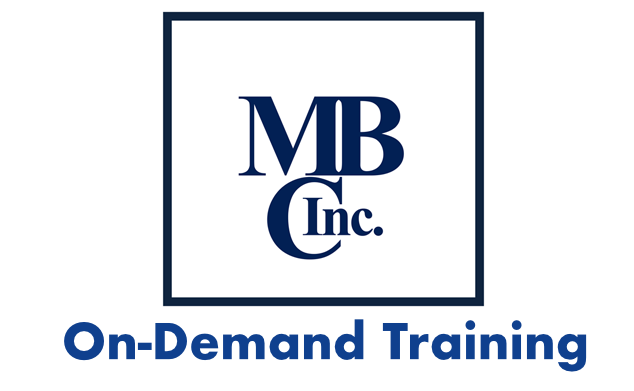Measurement System Analysis (MSA)
With Emphasis on GR&R, Bias, Linearity & Stability
From AIAG- MSA 4th Edition
To Register Click – Here
MBC, Inc. Contact information:
For Additional Information contact:
Bill Martin
Phone – 931.637.1446
E-mail – BMartin@MBCIncorp.com
Who should attend this training?
- Persons conducting Measurement Systems Analysis & GR&R
- Quality Managers
- PPAP Coordinators
- Quality Engineers and Quality Technicians
- Persons responsible for Measurement System Improvement
The design of this two day seminar focuses on the quality professional with minimal, moderate or extensive exposure to MSA. This course reviews the requirements of statistical analysis of measurement system error. Built on the framework of the AIAG MSA 4th edition, the student learns valuable skills in the methods, techniques and skills needed to complete the MSA process.
The course and material gives the student skill, insight and confidence in the correct and efficient methods of conducting MSA studies for bias, stability, linearity. The attendees complete a workshop for Repeatability & Reproducibility gauge study. Complete with hands on writing of gauge use instructions, measurement of parts, calculations of Gauge R&R (GR&R), gauge bias and analysis of the teams results.
NOTE: This course may be offered on-site in a one day format that focuses on GR&R only.
Course Content:
The course reviews and explains measurement error and builds the participants knowledge of the cause sources, analysis, and understanding of measurement error. The participant will learn or review the basics and develop new skills or build on their current knowledge, expanding their skills and use of the application of Measurement System Analysis.
The participant will learn from lecture, discussion and exercise the nature of measurement error. This will allow the members to understand the application and use of MSA process improvement.
- The requirements, procedure and method of variable and attribute studies,
- The need for specific study procedures, and
- The methods of conducting valid measurement studies,
- Analysis of measurement system study results,
- Problem solving for measurement systems that don’t meet requirements
Students have hands on with gauges and parts. Writing gauge use instructions for variable gauges, conducting the variable data gauge study, calculating the result, and problem solve if the gauge error proves to be excessive. Additionally the students will perform a Bias study and learn the procedures and methods for Bias, Stability and Linearity studies.
Course Material “Table of Contents”:
Section I – Introduction
- Introduction, Objectives, Application, Contributors to Gauge Error
Section II – Requirements of International standards
- ISO/TS16949, ISO9001, Customer Requirements
Section III – Summary of Terms
- Standard, Basic Equipment, Location Variation,
- width Variation, System Variation
Section IV – Four types of MSA Studies
- Location Variation
- Stability, Bias, Linearity
- Width Variation
- Gauge R&R
Section V – Preparation and Conduct of MSA Study
- Approach, Procedure & Gauge Instruction
- Number of Appraisers, Parts, Trials, Randomization, Gathering and Recording Data
- Calculation Review, Exercise
Section VI – Analysis of Study Results
- Writing Gauge Use Instructions, Exercise
Section VII – Analysis – Attribute Gauge Study
- Attribute Gauge Study
- Customer Requirements, Approach, Acceptance Criteria
Section VIII – Bias, Linearity, and Stability Studies
- Procedure & Requirements for each, Exercise
Section IX – Problem Solving
- Seven Step Problem Resolution Process
Manuals and/or Standards covered:
- AIAG MSA Manual – Fourth Edition
Materials Provided;
- MBC, Inc. Training Manual that includes copies of all slides presented to the class as well as descriptive notes of the presented material.
- Menu driven software to conduct variable, attribute, bias, linearity, stability and within part variation studies.
- Signed Certificate of Training to document the training activity.
Management Overview Availability;
- This material may also be adjusted as a ½ day Management Overview.
- This provides insightful information to top and mid-level managers.
Enhancing Managers Understanding of the:
- Resource needs, (people, information, time)
- Timing, (when is the best time to implement MSA
- Use, and (how does MSA become “Value-Added”)
- Benefits, (what is the “Return-on-Investment”)

